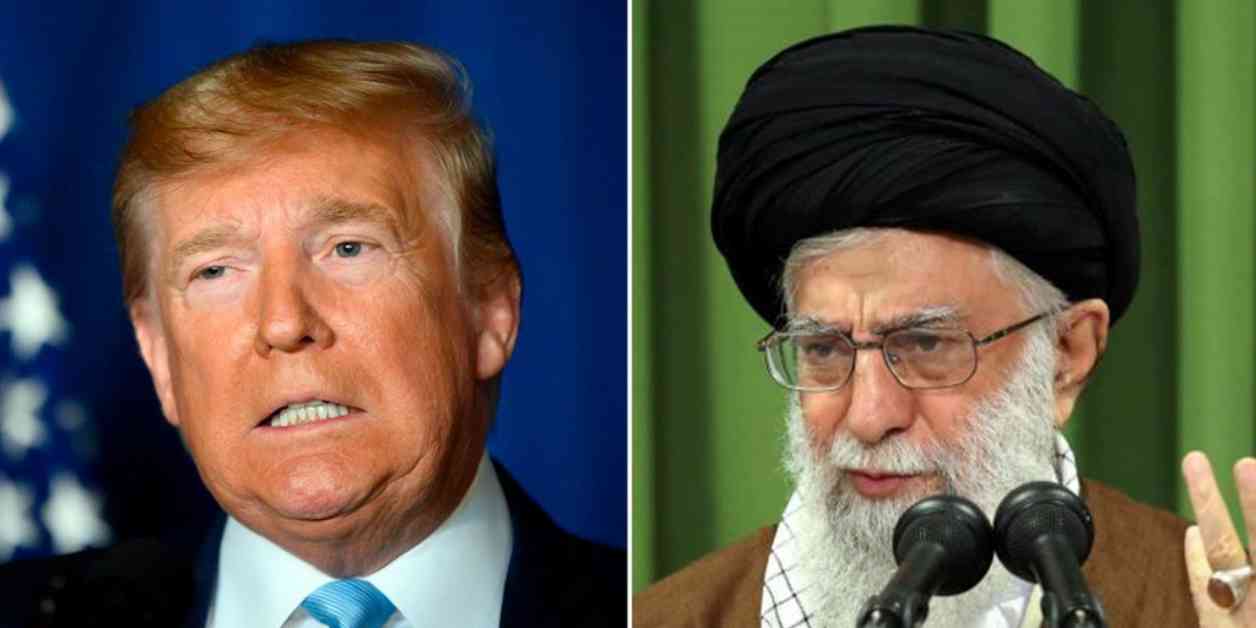Iran has been in the spotlight recently following President-elect Trump’s victory in the U.S. election. The Islamic Republic is now faced with the challenge of dealing with a leader they have tried to assassinate in the past.
The Iranian currency, the rial, took a hit after Trump’s win, reaching an all-time low. This drop in value signals the ongoing challenges that Iran is facing in the Middle East, especially as conflicts continue to escalate in regions like Gaza and Lebanon.
Despite previous U.S. sanctions, Iran has been able to export oil at near-record levels. However, with the return of maximum pressure under a Trump administration, Iran’s economy could face major setbacks.
The threat of Iran building a nuclear weapon in a matter of weeks is also a concern. The Trump administration had pulled out of the Iran nuclear deal and imposed harsh sanctions on Iran to prevent the regime from funding proxies abroad.
President Biden had waived some of these sanctions to bring Iran back to the negotiating table. However, with Trump’s victory, Iran will need to reassess its approach to international relations, especially concerning Israel.
Iran’s supreme leader, Ayatollah Ali Khamenei, has vowed to take harsh countermeasures against Israel following recent strikes. The unpredictability of a Trump presidency adds another layer of complexity to the situation, as Iran tries to navigate its foreign policy in the region.
Overall, Iran’s future relations with the U.S. and its allies, particularly Israel, will be influenced by the outcome of the U.S. election and the policies of the incoming administration. The Iranian regime will need to carefully consider its next steps as it faces the challenges ahead.





















